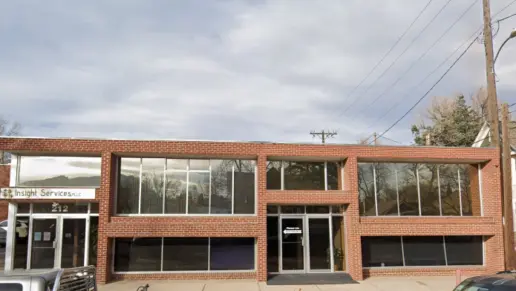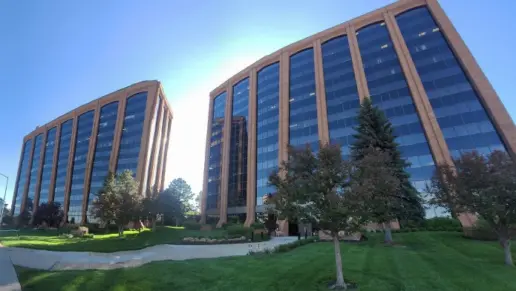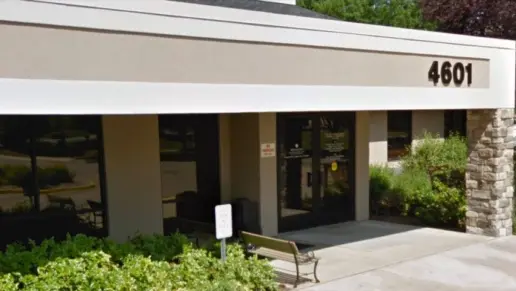About Front Range Counseling Center
Front Range Counseling Center is a behavioral health facility located in Denver, Colorado. They focus on relationship counseling and sex addiction. They also treat teens for substance use disorder. They provide full-service counseling for many different behavioral issues for both adults and teens.
Relationship and Sex Addiction Therapy
The counselors here offer premarital counseling, family group therapy and regular marriage counseling. Infidelity is a major reason for couples splitting up or divorcing. The psychotherapist here can help you and your mate repair your relationship after one of you has been unfaithful.
Infidelity is often connected to sex addiction. If you have excessive sexual thoughts or are unable to avoid acting on sexual impulses, you may be addicted to sex. The staff here is trained to deal with people who struggle with this condition. Medications and group and individual therapy are used to help people overcome addiction.
Teen Substance Use Addiction
There are many drug and alcohol rehabs in Colorado. However, few of them have counselors that specialize in teen substance use disorder. This company has therapists who specialize in teen psychology. They understand how the minds of young people work.
Teen addiction therapy often involves a system of rewards for good behavior rather than more analytical methods that are used on adults. Teens will have group therapy sessions with other kids their own age. They will also get to participate in activities and go out on the town with other kids who live a sober life.
Rehab Score
Other Forms of Payment
Self-pay involves paying for treatment out of your own pocket. You can use savings or credit, get a personal loan, or receive help from family and friends to fund your treatment. If you don't have insurance or your insurance plan doesn't cover a specific program, self-pay can help ensure you still get the care you need.
Addiction Treatments
Levels of Care
 Outpatient
Outpatient
Treatments
Mental health rehabs focus on helping individuals recover from mental illnesses like bipolar disorder, clinical depression, anxiety disorders, schizophrenia, and more. Mental health professionals at these facilities are trained to understand and treat mental health issues, both in individual and group settings.
Programs

Adult Program

Young Adult Program

LGBTQ Program
Clinical Services
Group therapy is any therapeutic work that happens in a group (not one-on-one). There are a number of different group therapy modalities, including support groups, experiential therapy, psycho-education, and more. Group therapy involves treatment as well as processing interaction between group members.
In individual therapy, a patient meets one-on-one with a trained psychologist or counselor. Therapy is a pivotal part of effective substance abuse treatment, as it often covers root causes of addiction, including challenges faced by the patient in their social, family, and work/school life.
Trauma therapy addresses traumatic incidents from a client's past that are likely affecting their present-day experience. Trauma is often one of the primary triggers and potential causes of addiction, and can stem from child sexual abuse, domestic violence, having a parent with a mental illness, losing one or both parents at a young age, teenage or adult sexual assault, or any number of other factors. The purpose of trauma therapy is to allow a patient to process trauma and move through and past it, with the help of trained and compassionate mental health professionals.
Whether a marriage or other committed relationship, an intimate partnership is one of the most important aspects of a person's life. Drug and alcohol addiction affects both members of a couple in deep and meaningful ways, as does rehab and recovery. Couples therapy and other couples-focused treatment programs are significant parts of exploring triggers of addiction, as well as learning how to build healthy patterns to support ongoing sobriety.
EMDR is a therapeutic modality originally developed to help process trauma. In an EMDR session, a patient is prompted to undergo eye movements that mimic those of REM sleep. This is accomplished by watching a therapist's finger move back and forth across, or following a bar of light. The goal is repetitive sets of eye movements that help the brain reprocess memory, which can significantly reduce the intensity of remembered traumatic incidents. Associated memories can heal simultaneously, leaving patients significantly calmer, more stable, and more emotionally relaxed.
During family therapy sessions, family members in Colorado work with therapists to understand addiction as a disease that has affected the entire family. This approach fosters empathy and reduces blame on any one member. Promoting this collective effort helps to support the recovery process.
Amenities
-
Residential Setting
-
Private Rooms
Staff
Kevin Leapley
Founder
Steven Mark, Steven Marks, MA, NCC, LPC
Founder/Counselor
Contact Information
7200 East Hampden Avenue
Suite 205
Denver, CO 80224


